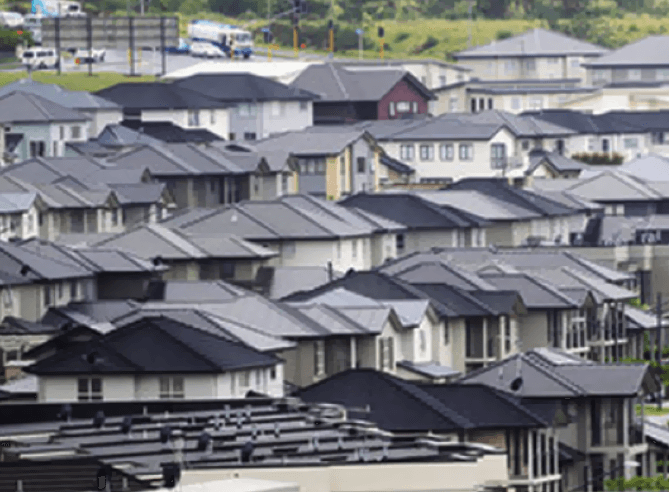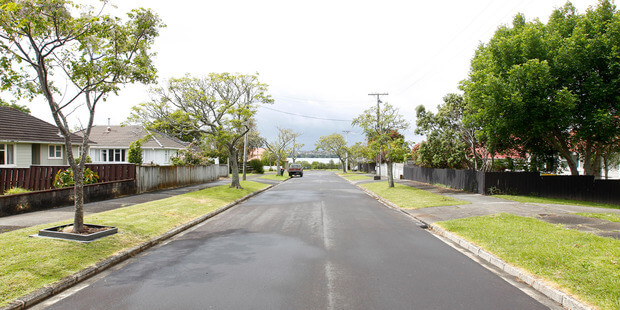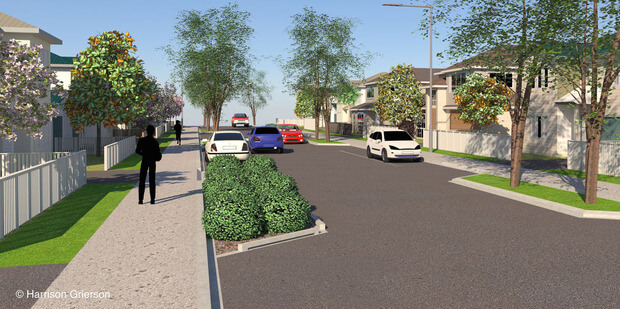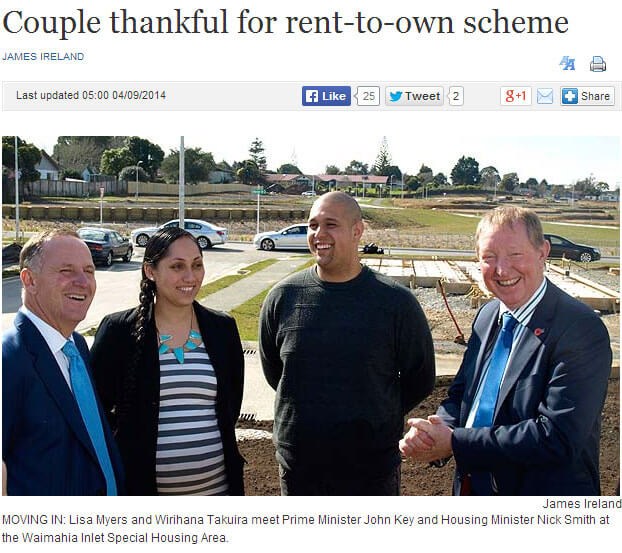This article caught my attention particularly in light of a meeting I held with Council this afternoon. While some of Eaqub’s research is outside of my expertise I agree with Eaqub’s comment about land prices being key. I spend a lot of time analysing deals for clients and land price is a key component of the project as is finance ( both interest rate and loan period). Interesting projects are somewhat less sensitive to increases in construction costs although it is still a factor.
However I would like to pick up on his point about land supply rules responding to demand and highlighting issues with our Council system (Auckland at least) that I believe are a significant factor in driving house prices higher. We held a meeting today with consenting staff on a project that sits on relatively steep land which is nothing out of the ordinary in Auckland. A lot of time has been spent on the design in conjunction with the house builder who is purchasing the sections being one of the most reputable players in property. However, despite the fact that the developer and house builder are putting considerable sums of money at risk and have consequently thought through the design and marketability of what they are producing to arrive at a balanced outcome, the Council staff don’t like the fact that there are a lot of retaining walls, some of them approaching 3.0m. They also consider the amount of earthworks excessive and at the same time they wish to “save” a deeply incised gully feature that lies along a common boundary with a neighbour. By their own admission the gully, which has limited vegetation, is “crap” and despite reputable ecologists reports stating the same thing, the rules are the rules and it must be saved. Our approach to lift the gully several metres, revegetate heavily and protect it at a higher level has fallen on deaf ears despite providing copies of consents approving exactly the same thing in other areas of Auckland.
The purpose of the meeting was to work through their rules and requirements which are contradictory and driving exactly the result they don’t want to arrive at a compromise that achieves a good outcome that works for everyone and delivers more sections to market at a “reasonable “ price. Unfortunately, in my view, we made limited progress towards a sensible solution with Council officers having fixed outcomes in mind that cannot realistically be delivered. Discussions as to the physical and commercial realities of development were greeted with responses of “that is not our problem” and “we can’t take money into account” go a long way to explaining why house prices are being driven ever higher. We don’t live in a perfect world and no rule book or idealistic urban design manual can make it so and Council needs to introduce it’s staff to commercial reality.
This is a stock standard subdivision similar to hundreds in Auckland. We are not “pushing the boundaries” or trying to cheat the system and while we haven’t yet carried out the redesign that will be necessary some preliminary calculations suggest we may have added around $10,000 to the cost of a section within a one hour meeting without taking finance costs and delays into account which are potentially more damaging.
Fortunately not all of Council is like this and better outcomes are being driven elsewhere through more enlightened staff and attitudes. However if Council is serious about housing affordability it really does need to introduce some commercial reality into it’s system and work with it’s staff and it’s rules across the board to arrive at results that balance outcome with cost. Zoning more land to free up supply doesn’t work if the rules you apply through the zoning or through implementation make it too prohibitive to develop which is where we are currently headed in my view. We all aspire to better things but in the real world we have to accept that we can’t afford everything we would like and some Council officers need to understand this.
The “have my cake and eat it to” mentality needs to go or the “world’s most liveable city” will be an empty place – we won’t be able to afford to live here.
http://www.nzherald.co.nz/business/news/article.cfm?c_id=3&objectid=11293868






